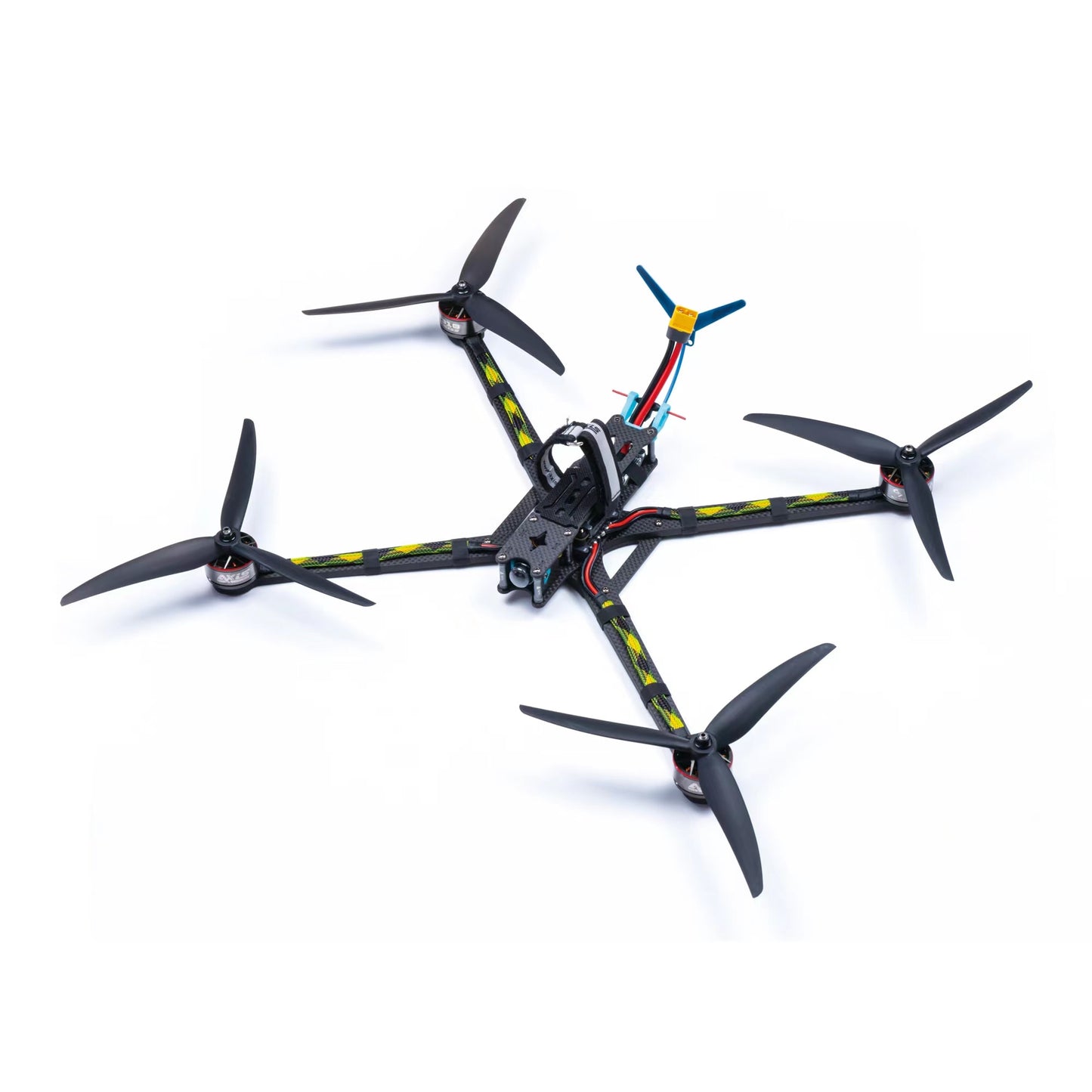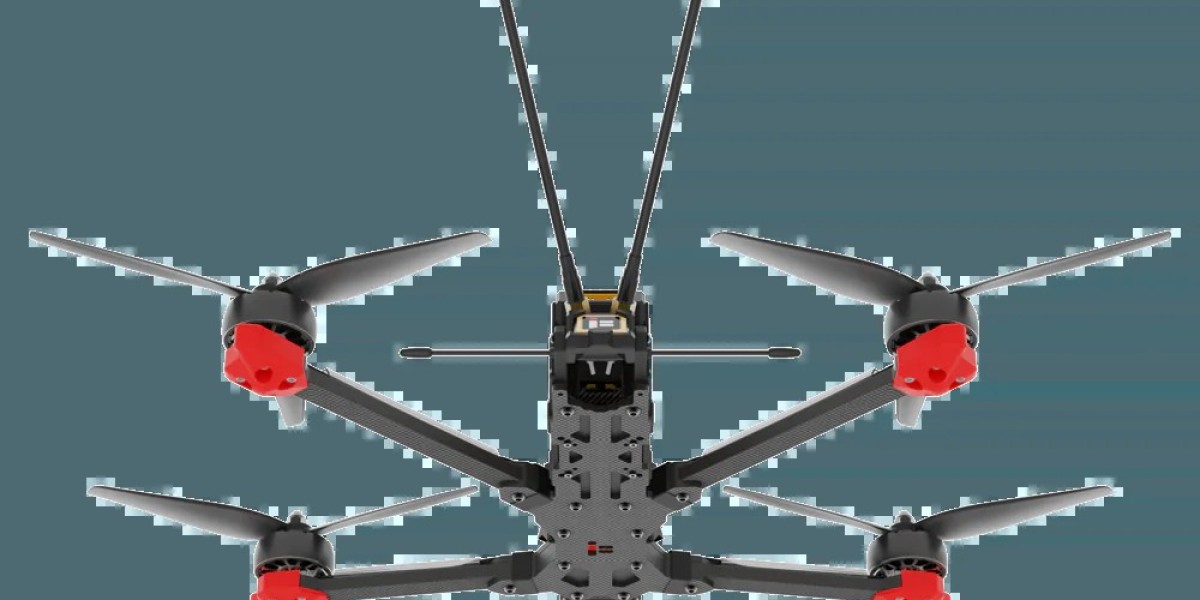FPV (First Person View) drone simulators have become an essential tool for drone enthusiasts and professionals alike. These simulators allow pilots to hone their skills in a virtual environment, reducing the risk of damage to their drones and improving their overall flying abilities. In this article, we'll explore the world of FPV drone FPV Racing Drone highlighting their benefits, features, and applications.
Benefits of FPV Drone Simulators
FPV drone simulators offer a range of benefits for pilots, including improved safety, reduced costs, and enhanced skills. By practicing in a virtual environment, pilots can avoid the risks associated with real-world flying, such as damage to their drones or injury to themselves or others. Additionally, simulators can help reduce the costs associated with drone ownership, as pilots can practice and train without the need for expensive hardware or repairs. Perhaps most importantly, simulators allow pilots to hone their skills and improve their flying abilities, making them more confident and competent in the air.
Features of FPV Drone Simulators
Modern FPV drone simulators offer a range of features that make them incredibly realistic and immersive. These features include realistic graphics and physics engines, allowing pilots to experience the thrill of flight in a highly realistic way. Many simulators also include a range of environments and scenarios, from open fields and forests to urban landscapes and racing tracks. This variety allows pilots to practice different types of flying, from casual cruising to high-speed racing. Additionally, many simulators include features such as weather effects, day-night cycles, and dynamic lighting, further enhancing the realism of the experience.
Types of FPV Drone Simulators
There are several types of FPV drone simulators available, each with its own unique features and benefits. Some popular options include desktop simulators such as Liftoff: FPV Drone Racing Simulator and DRL Simulator 2.0. These simulators offer highly realistic graphics and physics engines, making them ideal for serious pilots looking to hone their skills. Mobile simulators such as Quadcopter FX2 are also popular, offering a more casual flying experience that's perfect for beginners or those looking for a quick fix of drone action.

Applications of FPV Drone Simulators
FPV drone simulators have a range of applications beyond just recreational use. They are increasingly being used by professional drone pilots as a training tool, allowing them to practice complex maneuvers and scenarios in a safe and controlled environment. Additionally, simulators are being used by educators to teach students about drone safety and operation. They are also being used by researchers to test new technologies and algorithms related to autonomous flight.
Real-World Benefits
The skills learned through using an FPV drone simulator can be directly applied to real-world flying. Pilots who practice regularly on a simulator will find that their reaction times improve significantly when faced with real-world obstacles or challenges. They will also be able to navigate complex environments with greater ease and confidence. Furthermore, practicing on a simulator allows pilots to develop muscle memory for common maneuvers such as flips or dives.









